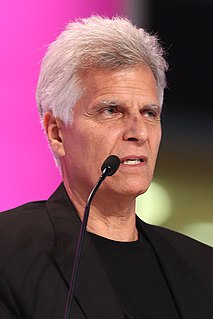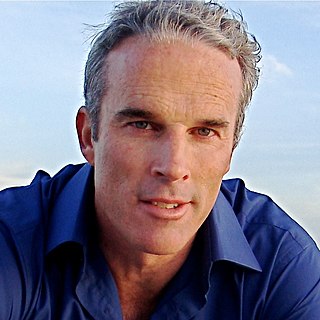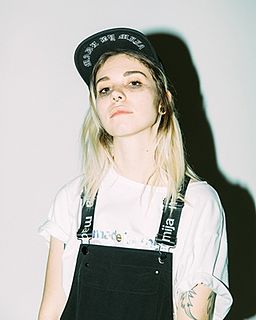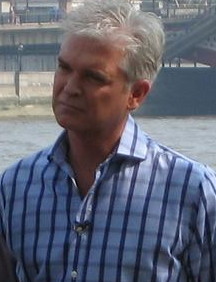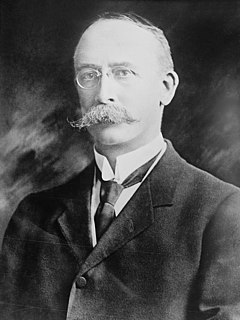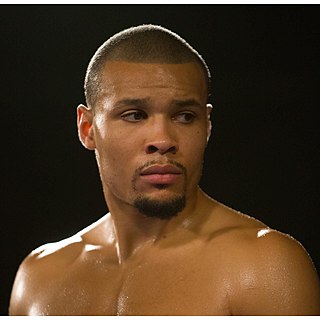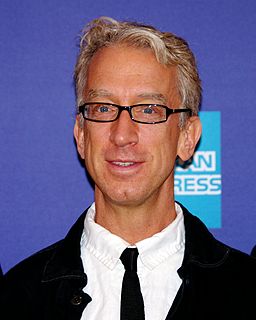A Quote by Mark Spitz
I walked away from the sport for 17 years, then started swimming again recently in a master's program.
Related Quotes
There are great jazz educators that I meet all the time. I met a guy named Paul Luchessi who has a high school jazz program in Fresno. And Bob Athayde who runs a junior high program in Lafayette, California. And man, we walked into these schools and Paul Luchessi said, "Jon is the composer of Paradox." A hundred or something kids started to applaud. "What? You guys know that? I'm so blown away.
We went 60 years or more with no immigration, folks. It can be done. The only reason that it started up again, Ted Kennedy started bellyaching about it in the mid-sixties, and then that led to Simpson-Mazzoli 20 years later, 1986, amnesty for about 3.9 million, and we were told that would be it, never again, and of course now we're where we are.
I walked slowly out on the beach. A few yards below high-water mark I stopped and read the words again: WRITE YOUR WORRIES ON THE SAND. I let the paper blow away, reached down and picked up a fragment of shell. Kneeling there under the vault of the sky, I wrote several words, one above the other. Then I walked away, and I did not look back. I had written my troubles on the sand. The tide was coming in.
I actually met one of my business partners [Neal Dodson] at the Governor's School summer program, so we've known each other since we were 15 and 16 years old, and we both ended up at Carnegie Mellon together. He started working for a producer out of school after a few years, and then we started the company together.
My dad plays the fiddle. He stopped playing for years. He was playing when I was a baby, and then he stopped for about five years, or ten years, he says. Then all of a sudden he started playing again, and we all got interested. We started having people like Ciarán Tourish coming up to the house, and Dinny McLaughlin, who taught Ciarán, and who taught myself as well. And it just grew from that
